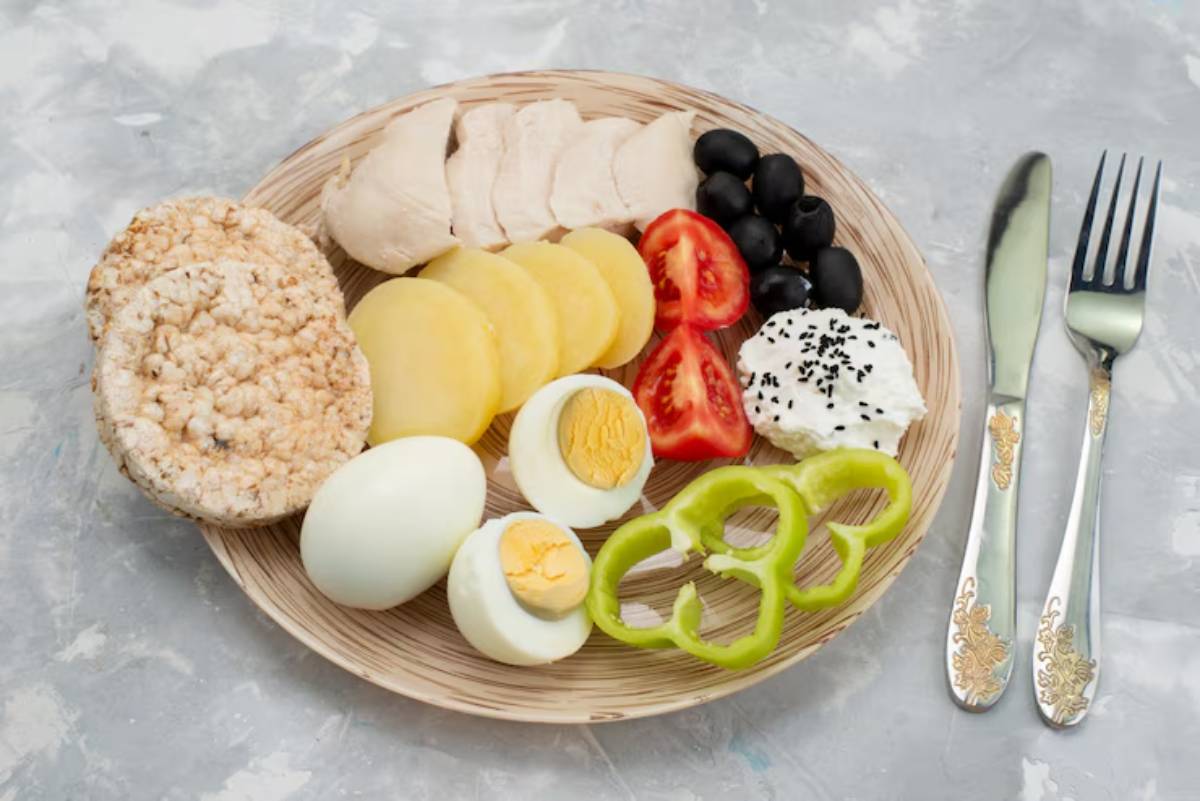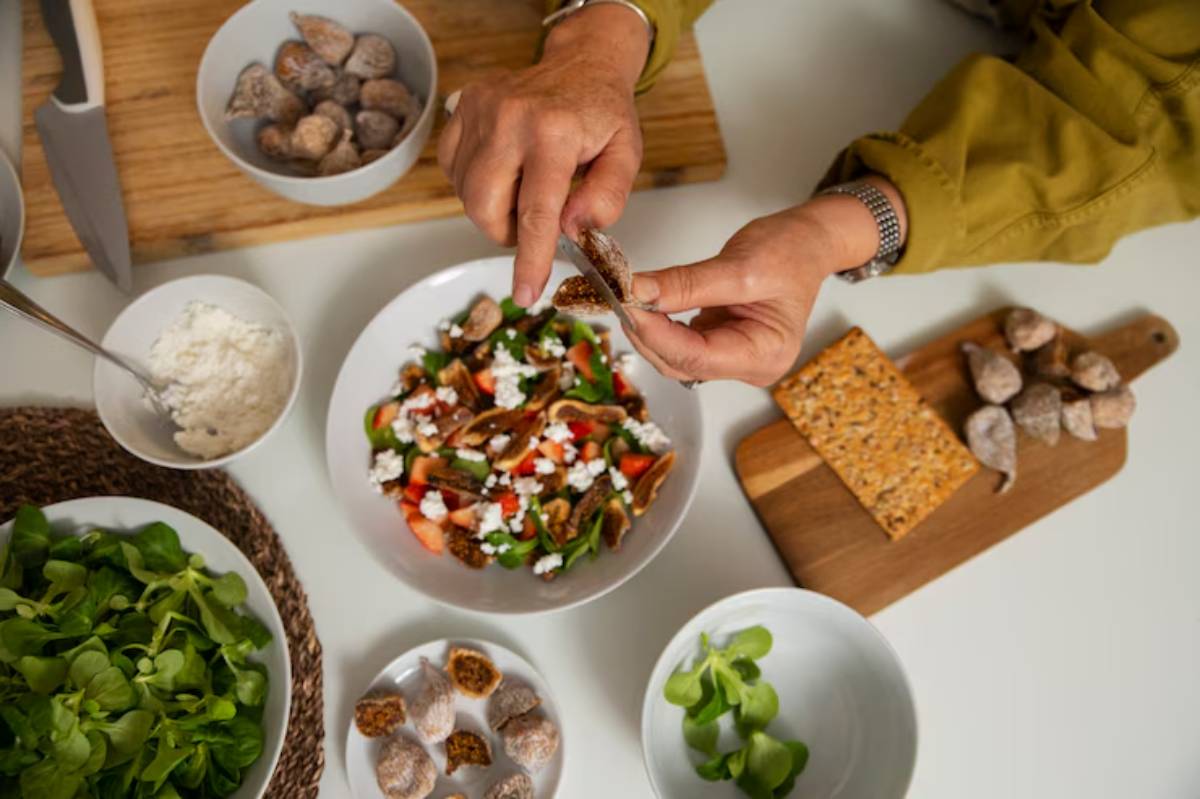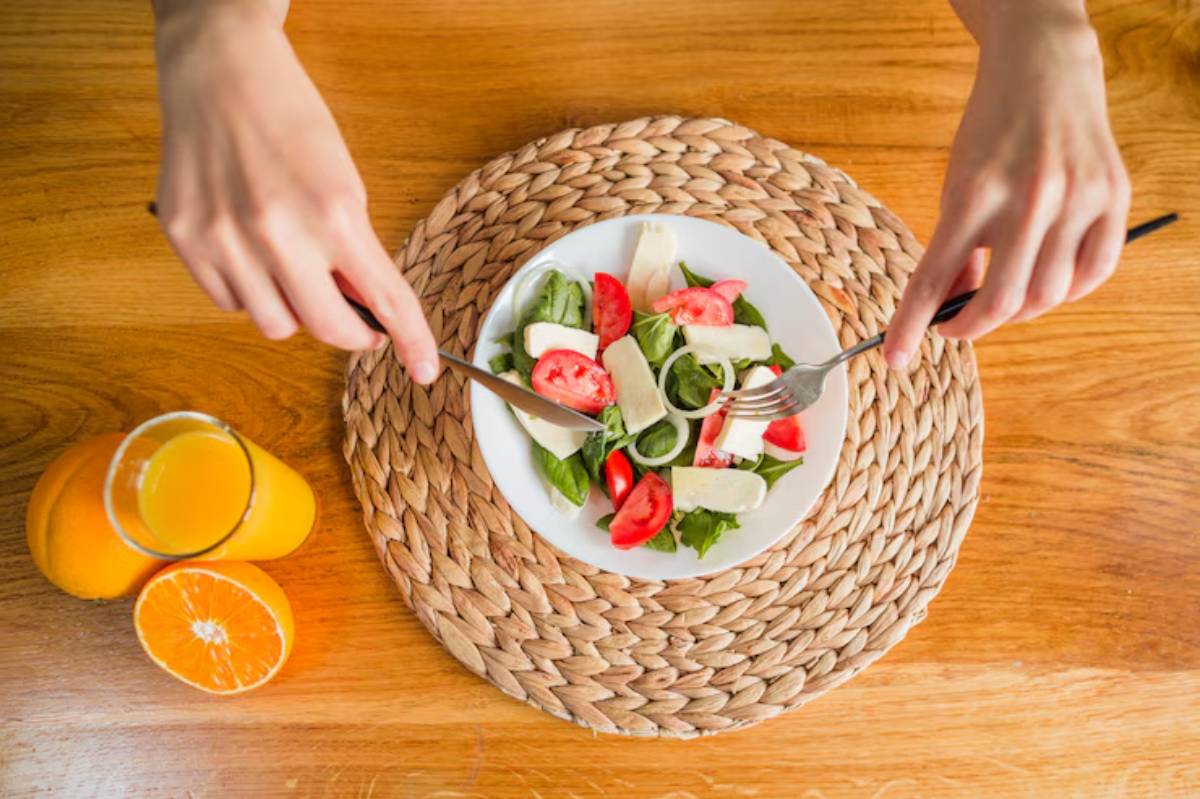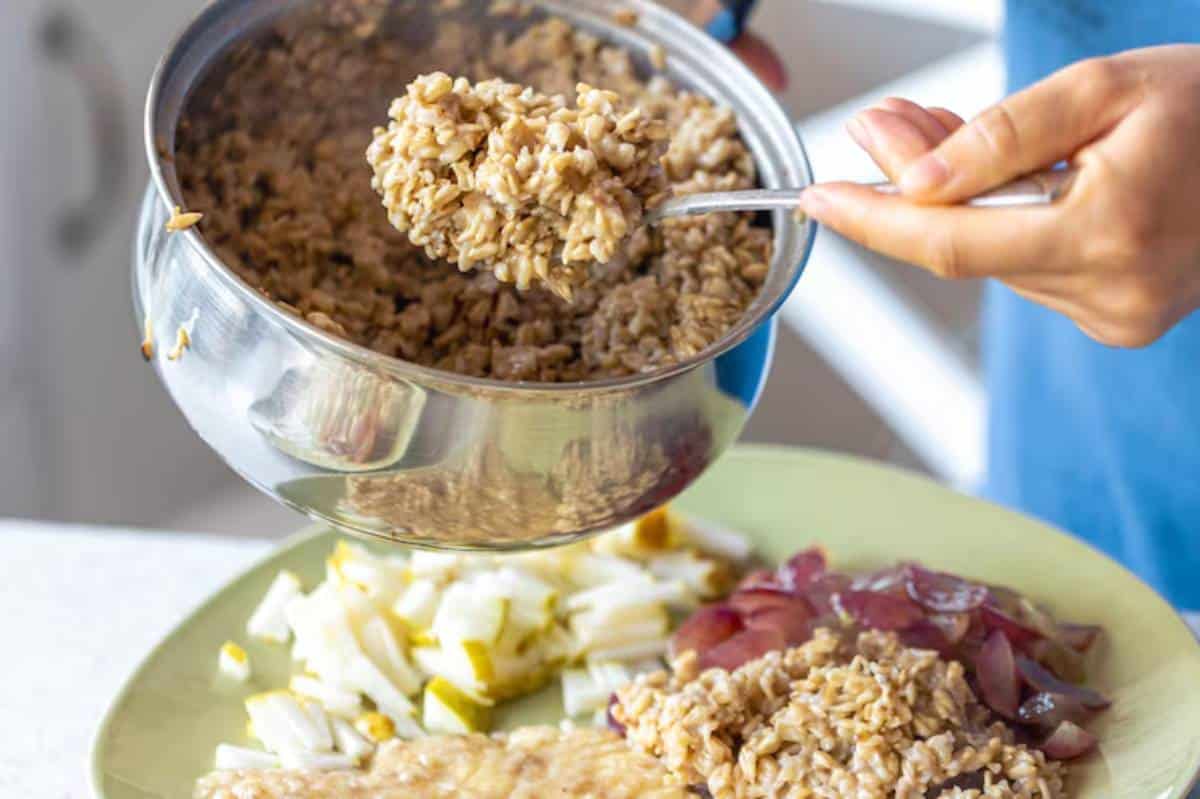
How to Transition to the Mediterranean Diet
Feeling overwhelmed by fad diets and nutrition confusion? You’re not alone. Many people are turning to the Mediterranean diet—a proven, sustainable way to eat well and feel better. Rich in whole foods, healthy fats, and fresh flavours, it’s not just a diet—it’s a lifestyle.
Whether you’re seeking better heart health, weight control, or simply cleaner eating, this guide will walk you through how to transition to the Mediterranean diet with clarity and confidence.
Let’s explore how you can make this healthy shift—without giving up the joy of food.
Understanding the Core of the Mediterranean Diet
What Is the Mediterranean Diet?
The Mediterranean diet is inspired by traditional eating patterns from countries like Greece, Italy, and southern Spain. It focuses on:
- Plant-based foods: fruits, vegetables, legumes, whole grains, and nuts
- Healthy fats: especially olive oil
- Moderate dairy: mainly yoghurt and cheese
- Lean protein: fish, seafood, poultry, and occasional red meat
- Fresh herbs over salt
- Social meals and mindful eating
The Science Behind It
Studies consistently show the Mediterranean diet can:
- Reduce the risk of cardiovascular disease
- Lower inflammation
- Improve brain function
- Support healthy weight loss
- Enhance longevity
Pro tip: Buy in bulk; the dried legumes, whole grains, and nuts are cheaper this way.
Quick Guide: Transitioning to the Mediterranean Diet
Use this checklist to steer your journey:
- Swap butter with extra virgin olive oil
- Include at least 2–3 servings of vegetables daily
- Add beans and lentils twice a week
- Eat fish or seafood 2 times per week
- Replace white carbs with whole grains
- Snack on nuts, seeds, or fruit
- Use herbs and spices for seasoning
- Limit processed food and sugar
- Make meals social and enjoyable
Important: Healthy fats like olive oil and nuts are vital.

Step-by-Step: How to Practise Mediterranean Eating
1. Start Small and Simple
Don’t change everything at once. Begin by:
- Replacing refined grains with whole grains (e.g. brown rice, whole wheat bread)
- Swapping butter for olive oil
- Eating a fruit or vegetable with every meal
2. Build Mediterranean Meals
Aim for plates filled with:
- Half vegetables
- A quarter of lean protein (like fish or beans)
- A quarter of whole grains
Top with a drizzle of olive oil and fresh herbs.
3. Plan Your Pantry
Stock your kitchen with essentials:
- Olive oil
- Canned beans
- Whole grains (bulgur, couscous, quinoa)
- Spices like oregano, basil, and paprika
- Nuts, seeds, tinned tuna, tomatoes, and olives
4. Make One Meal Mediterranean Each Day
Begin with breakfast or lunch. For example:
- Greek yoghurt + berries + honey
- Wholegrain wrap with hummus and roasted veg
Gradually expand this to all meals over a few weeks.
5. Cook at Home More Often
This gives you control over ingredients and builds confidence. Try simple recipes like:
- Tomato and lentil soup
- Baked fish with herbs and lemon
- Veggie stir-fry with olive oil and garlic
6. Mind Your Portions and Balance
This isn’t about restriction. It’s about:
- Eating slowly
- Stopping when full
- Choosing quality over quantity
Batch Prep Like a Mediterranean Pro
- Choose a prep day (usually Sunday): Block out 1–2 hours to prepare ingredients for the week.
- Cook 2–3 grains: Make a batch of quinoa, bulgur, or brown rice to use in salads, bowls, or sides.
- Roast vegetables: Aubergines, peppers, courgettes, and tomatoes roast well with olive oil and herbs.
- Prep legumes: Boil lentils or soak and cook chickpeas; store in the fridge or freeze in portions.
- Chop fresh herbs and leafy greens: Keep them in airtight containers or jars with a damp paper towel.
- Make a base dressing: Olive oil + lemon juice + garlic + Dijon mustard = all-purpose Mediterranean dressing.
- Pre-portion snacks: Pack small bags of almonds, olives, or carrot sticks with hummus for grab-and-go ease.
Why it works: Batch prepping Mediterranean-style ingredients allows you to assemble meals in minutes and reduces midweek stress. It’s all about prepping components, not full meals—keeping it fresh and flexible.

Best Practices & Additional Insights
Eat Mindfully and Joyfully
In Mediterranean cultures, food is enjoyed slowly, often with family or friends. Avoid screens, eat at a table, and savour every bite.
Hydration Matters Too
Water is the main drink. Red wine is optional and only in moderation (if medically appropriate). Ditch the sodas and sugary juices.
Variety Is Key
Explore foods you may not typically eat. Try:
- Grilled sardines
- Lentil stew with cumin and parsley
- Roasted aubergine with tahini
Each meal should feel like a celebration, not a sacrifice.
FAQs
Q: Can I transition gradually to the Mediterranean diet?
A: Yes! That’s often the most successful approach. Swap in one new habit a week.
Q: Is this diet suitable for vegetarians?
A: Definitely. Focus on legumes, whole grains, nuts, seeds, dairy, and eggs.
Q: What if I don’t like seafood?
A: You can still get benefits by using plant-based proteins and poultry, and taking omega-3 supplements (after consulting your GP).
Q: How quickly will I notice health changes?
A:Some people feel better within a week—more energy, better digestion, and improved mood. Long-term benefits build over time.
Conclusion
Shifting to the Mediterranean diet isn’t about a drastic change—it’s about meaningful, sustainable steps that nurture your body and mind.
From batch-cooked lentils to sun-drenched tomatoes drizzled in golden oil, every meal becomes an experience in balance and flavour.
Ready to begin? Pick one habit today and start your journey toward Mediterranean wellness.


